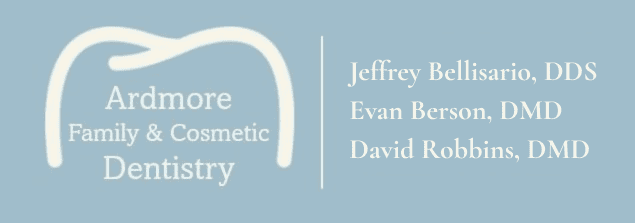Tooth extraction may sound intimidating, but with the right preparation, it can be a smooth and stress-free experience. Dentist may recommend removing a tooth if it is damaged, decayed, or impacted. Knowing what to expect beforehand can help ease anxiety and promote a quicker recovery. Preparing both mentally and physically for your extraction is a key part of ensuring the best possible outcome.

Understand Why the Extraction is Needed
Before your appointment, make sure you fully understand why the tooth needs to be removed. Dentists typically recommend extractions when a tooth is beyond repair due to decay, infection, or trauma, or in cases where overcrowding prevents proper alignment. Wisdom teeth are commonly extracted when they become impacted or cause other dental issues. Understanding the reason behind the procedure helps you feel more confident in your decision and allows you to ask informed questions.
Have a Conversation With Your Dentist
Communication with your dentist or oral surgeon is essential. During your consultation, be honest about your medical history, including any chronic conditions such as diabetes, heart issues, or immune disorders. Let them know if you’re on blood thinners, medications, or supplements, as some may need to be paused or adjusted. This is also a good time to ask about the procedure itself, what type of anesthesia will be used, and what to expect during recovery. Don’t be afraid to bring up any fears or concerns. Most dentists are used to working with nervous patients and can walk you through each step, explaining the tools, process, and post-op care.
Plan for the Day of the Extraction
Proper planning can make the day of the extraction go more smoothly. If sedation or general anesthesia will be used, you’ll likely be instructed not to eat or drink for several hours beforehand. Make sure you arrange for a friend or family member to drive you to and from the appointment if sedation is involved, as you won’t be in a condition to operate a vehicle safely afterward.
Wear comfortable clothing and avoid wearing makeup, especially lipstick, which could interfere with the procedure. If you have long hair, tying it back is a good idea. It’s also wise to stock up on soft foods, pain medication (if prescribed), and any other recovery items ahead of time so you can rest once you’re home.
Mentally Prepare for the Procedure
Feeling nervous before a tooth extraction is completely normal. Take time to mentally prepare by learning relaxation techniques such as deep breathing or mindfulness meditation. Listen to calming music or practice positive visualization. Reminding yourself that you’re taking a step toward better oral health can also help shift your mindset.
Talk to your dentist about what the experience will feel like. In many cases, extractions are over quickly and are far less painful than patients expect. The use of local anesthesia, and in some cases sedation, helps ensure you don’t feel pain during the procedure itself.
Post-Extraction Planning is Key
Even before your appointment, it’s smart to understand your post-op care plan. Know what foods to avoid, how to manage bleeding and swelling, and what signs of complications to look out for. Plan to take it easy for at least a couple of days after the procedure, especially if a surgical extraction is involved. Set up your home so you have a quiet place to rest, and make sure you have soft foods like soup, yogurt, or smoothies ready. Also, talk to your dentist about any follow-up appointments and when it’s safe to resume normal activities. Knowing all this ahead of time often makes recovery less stressful and helps prevent issues like dry socket or infection.
Tooth Extraction in Ardmore, PA
At Ardmore Family and Cosmetic Dentistry, your oral health is our top priority. We always strive to preserve your natural tooth structure whenever possible. However, there are times when a tooth extraction is crucial to prevent worsening damage. Contact our office today to schedule a consultation and learn more about the procedure and your restoration options.
